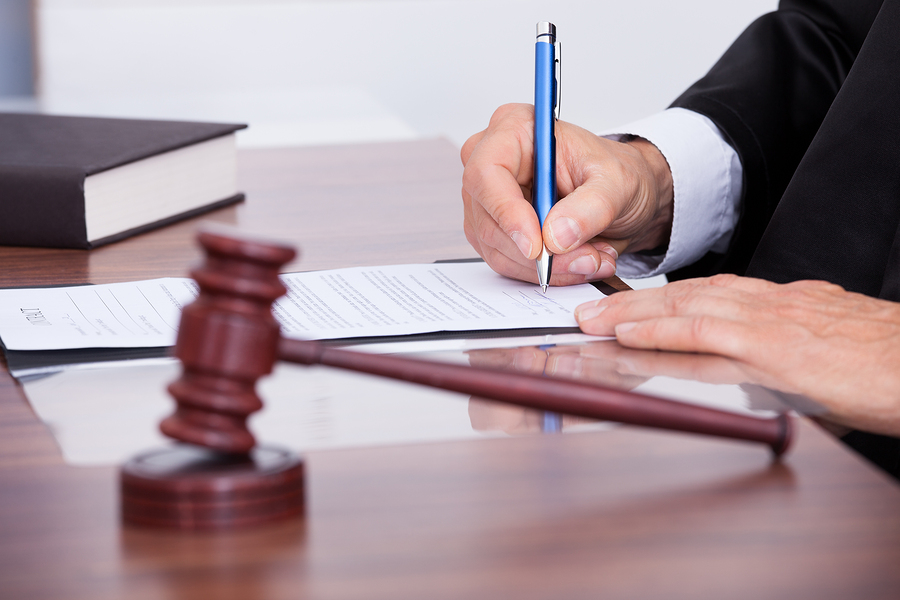Regardless of its size, structure, or industry, no business can be expected to thrive and grow if it is deprived of the financial resources it needs to maintain efficient daily operations. Unfortunately, this is precisely what can happen if a debtor fails to make the full and timely payments that were originally promised in a contract or ordered by a court. Missed payments can have a serious negative impact on all aspects of your enterprise, from workplace productivity, to your relationships with clients and consumers, to the preservation of your bottom line. If your Union business is struggling to recover an unpaid debt and is suffering financially as a result, it is critically important for you to address the issue today before the consequences worsen tomorrow.
The Union, New Jersey business debt collection attorneys of The Jayson Law Group LLC work with companies of all sizes, ranging from the sole proprietorship to the large corporation. We take a strategic, tailored approach to every case we handle, and can offer our services as litigators, mediators, or arbitrators depending on which strategy is best suited to your unique situation. Our legal team is committed to balancing client advocacy with careful compliance with the law, so you can feel confident about exercising your rights as a creditor without violating the rights of your debtor.
Time is of the essence where collection actions are concerned, so it’s important that you take action as soon as you can. To arrange for a private legal consultation, call our law offices right away at (908) 258-0621.

Methods of Collecting a Commercial Debt in New Jersey
Judgments are written documents which, in this context, will detail the payments which must be made from debtor to a creditor as ordered by a court. However, many people are dismayed to discover that just because a judgment exists, there isn’t necessarily any guarantee that the debtor will actually pay the creditor as directed. If you have been unable to collect a judgment, you may need to take additional steps to obtain the payment you are rightfully owed.
If you are attempting to collect a delinquent payment from a commercial debtor, there are several different methods which may be available depending on the specific details involved. Two of the most commonly applied methods are bank levies and judgment liens. What do these terms mean for creditors, and what are your tasks and responsibilities during these processes?
How Do Bank Levies Work?
While the term levy can have different meanings, a bank levy essentially means that you can freeze a debtor’s bank account in order to satisfy an unpaid debt. In New Jersey, these levies are ultimately handled by sheriffs and banks; but before either becomes involved, you will need to obtain and complete a document called a Writ of Execution.
A Writ of Execution is a short form which will prompt you to supply information such as the total amount of the debt, and any additional interest, costs, and damages. Once the Writ has been issued, it must be sent to the sheriff in the county where the debtor’s bank is located. At that point, the sheriff will get in touch with the appropriate bank, and the bank will then freeze the debtor’s account. Once the account is frozen, a Motion to Turn Over Funds must be filed and signed by a judge. Only once the judge’s approval is obtained may you access the funds in the frozen account.
Law Division Writs are valid for one year, while Special Civil Part Writs last for two years. You may obtain additional Writs during the 20-year duration of the judgment if necessary.

Enforcing Judgment Liens on Real Property
You may be able to to collect a judgment by attaching a judgment lien to real estate which is owned by the debtor. In New Jersey, the creation of judgment liens against debtor property is automatic, provided the claim was brought in the state Law Division. If the claim was brought in the Special Civil Part, which exclusively handles small claims totaling $15,000 or less, the judgment must first be docketed in the Law Division. (For the docketing of a Special Civil Part judgment, you must request a judgment transcript from the Clerk of the Special Civil Part.)
On a final note, there are several important additional points to make regarding liens in New Jersey:
- You cannot attach a lien to personal property (e.g. jewelry) — only real property (e.g. a house).
- Liens remain valid for a period of 20 years.
- If the judgment in question is foreign (i.e. out-0f-state), you will first need to domesticate the judgment.
If your enterprise needs assistance collecting a commercial debt, The Jayson Law Group LLC can help. To schedule an appointment with a Union, New Jersey business debt collection lawyer, call our law offices at (908) 258-0621, or contact us online today.
